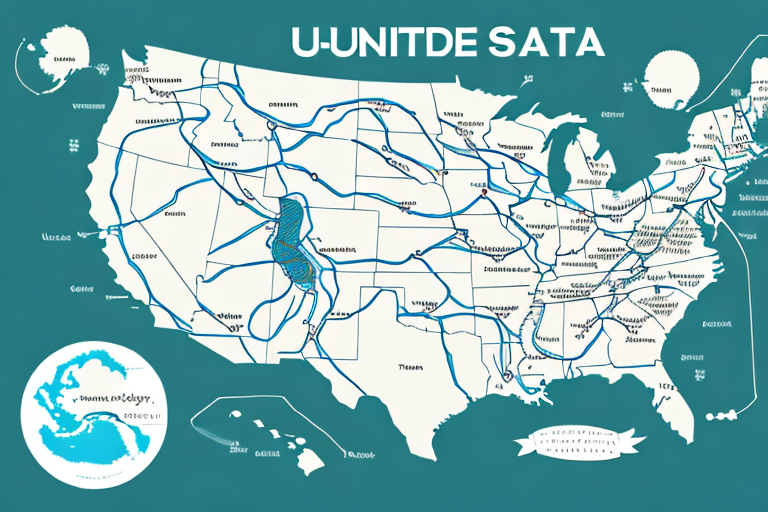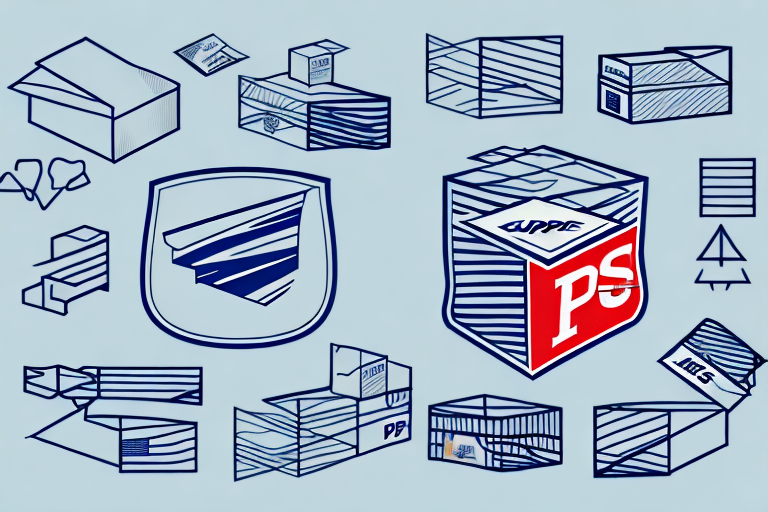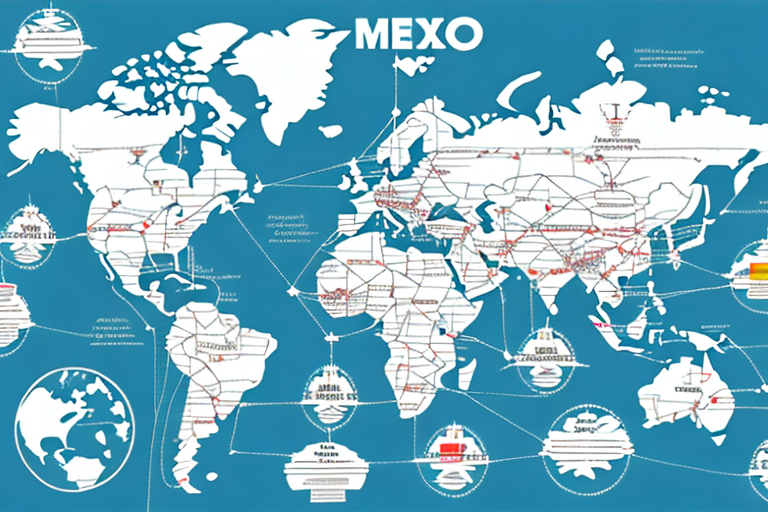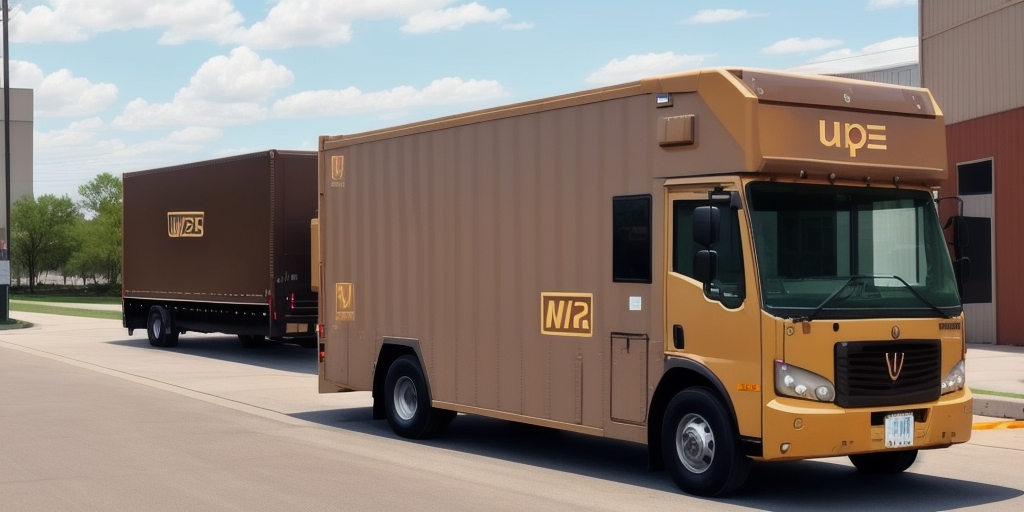Understanding the Benefits of FedEx Express Insurance
If your business involves shipping goods or products, considering FedEx Express Insurance is essential. This insurance provides coverage in case of damages or losses during the shipment process. In this article, we explore the advantages of FedEx Express Insurance, how it works, the different types available, and tips for choosing the right coverage.
Why FedEx Express Insurance is Essential for Your Business
Shipping goods involves numerous risks, including damage, loss, theft, and destruction during transit. Without proper insurance, these risks can lead to significant financial losses. FedEx Express Insurance mitigates these risks, providing peace of mind and financial protection.
Moreover, FedEx Express Insurance offers a range of coverage options tailored to your specific needs. From basic coverage to declared value and additional declared value options, you can customize your insurance to match the value of your shipments, ensuring you’re not overpaying for unnecessary coverage.
Exceptional customer service and support are also key benefits. Should you need to file a claim, FedEx’s team of experts will guide you through the process, ensuring swift and efficient resolution. This support is invaluable for maintaining business continuity and protecting your shipments.
How FedEx Express Insurance Works and What It Covers
FedEx Express Insurance provides coverage for both domestic and international shipments, covering the full value of the goods in case of loss or damage. The policy also includes shipping costs, making it a comprehensive solution to prevent financial loss.
However, certain items are excluded from coverage, such as money, securities, antiques, artwork, jewelry, and other high-value items. These may require special arrangements or alternative insurance coverage.
Coverage Levels
- Basic Coverage: Automatically included with every shipment, covering the shipment’s standard value.
- Declared Value Coverage: Allows you to declare the shipment’s value, providing higher coverage limits.
- Enhanced Value Coverage: Offers maximum coverage for high-value shipments, ensuring comprehensive protection.
Types of FedEx Express Insurance Available for Your Business
FedEx offers various insurance options to meet different business needs:
- Declared Value Coverage: Declare the value of your shipment, with FedEx reimbursing in case of loss or damage.
- Full Value Coverage: Covers the full value of the shipment, including shipping costs.
- International Coverage: Includes customs duties and taxes, providing protection during international transit.
For businesses shipping high-value items, FedEx offers High-Value Insurance, protecting items valued over $100,000. Additionally, Freight Insurance is available for large or heavy shipments, customizable to your specific needs.
Choosing the Right FedEx Express Insurance: Tips and Guidelines
Selecting the appropriate insurance coverage requires careful consideration of your business's specific needs and the nature of your shipments:
Assessing Your Business Risks
Evaluate the types of goods you ship regularly. High-value items may necessitate Full Value Coverage, while frequent international shipments might benefit from International Coverage.
Cost Considerations
Balance the cost of premiums and deductibles with your coverage needs. Ensure that insurance costs do not become a financial burden while maintaining adequate protection.
Understanding Coverage Limits
Choose coverage limits based on the value and volume of your shipments. Review policy terms to ensure all your shipments are adequately covered, noting any exclusions.
Familiarizing with the Claims Process
Understand the documentation and timeline required for filing claims. Keeping accurate records of shipments and any incidents will streamline the claims process.
Comparing FedEx Express Insurance with Other Shipping Insurance Options
While FedEx Express Insurance is a robust option, it’s important to compare it with other shipping insurance providers:
Third-Party Insurance Providers
Third-party insurers may offer competitive rates or specialized coverage options. Compare their coverage limits, exclusions, and claims processes against FedEx’s offerings.
Carrier-Provided Insurance
Other shipping carriers also provide insurance options. Evaluate the coverage levels, costs, and support services to determine which provider best meets your business needs.
Claims Process Efficiency
FedEx Express Insurance is known for its straightforward claims process with online filing and quick resolutions, which can save time and reduce frustration compared to other providers.
Debunking Common Myths About FedEx Express Insurance
Misinformation about FedEx Express Insurance can lead to underutilization of its benefits:
Myth: FedEx is Liable for All Losses
Fact: FedEx is not liable for all losses and damages. Insurance coverage is necessary to fully protect your business from financial loss.
Myth: Insurance is Too Expensive
Fact: The cost of FedEx Express Insurance varies based on shipment value and coverage options, making it affordable and scalable for different business sizes.
Myth: Insurance Only Covers Lost or Damaged Packages
Fact: FedEx Express Insurance also covers delayed or stolen packages, providing comprehensive protection for various shipment-related risks.
Filing a Claim with FedEx Express Insurance: Step-by-Step Guide
In the event of loss or damage, follow these steps to file a claim:
- Collect all shipment-related documentation, including the tracking number, shipping label, and proof of value.
- Submit a claim online through the FedEx claims portal or by contacting the FedEx claims department.
- Provide necessary documentation, such as photos and evidence of damage or loss.
- Wait for the claims department to review and process your claim. Once approved, FedEx will reimburse the shipment’s value and any shipping costs incurred.
Be aware of coverage limitations and exclusions, such as prohibited items or improper packaging. Reviewing your policy terms before shipping valuable items is recommended.
The Cost of FedEx Express Insurance: Understanding Premiums and Deductibles
The cost of FedEx Express Insurance depends on shipment value, coverage options, and deductibles:
Factors Influencing Cost
- Shipment Value: Higher shipment values increase insurance premiums.
- Coverage Options: Enhanced coverage options come with higher costs.
- Transportation Mode: Air shipments may have higher premiums due to increased risk.
- Destination: Shipping to high-risk areas can result in higher premiums.
Deductibles Explained
A deductible is the amount you pay out of pocket before insurance coverage applies. Select a deductible that balances affordability with adequate coverage.
Note that FedEx Express Insurance covers the shipment’s value but not consequential damages or lost profits. Consider additional insurance or precautions for high-value shipments.
Maximizing the Benefits of Your FedEx Express Insurance Policy
To fully leverage your FedEx Express Insurance policy, implement the following strategies:
- Verify Shipment Details: Ensure accuracy in all shipment information to prevent errors.
- Inform Customers: Communicate shipping terms and insurance coverage to your customers.
- Proper Packaging: Use appropriate packaging materials and labeling to minimize risks.
- Timely Claims: File claims immediately after any loss or damage to expedite reimbursement.
Additionally, understanding the available coverage options, such as declared value and enhanced liability coverage, allows you to choose the right protection level for your shipments, ensuring comprehensive coverage and peace of mind.
Conclusion
Shipping goods poses inherent risks, making proper insurance coverage crucial for protecting your business from financial loss. FedEx Express Insurance offers comprehensive coverage for both domestic and international shipments, tailored to meet various business needs. By understanding the benefits, available coverage options, costs, and best practices, you can select the most suitable FedEx Express Insurance policy for your business, ensuring your shipments are safeguarded during transit.








